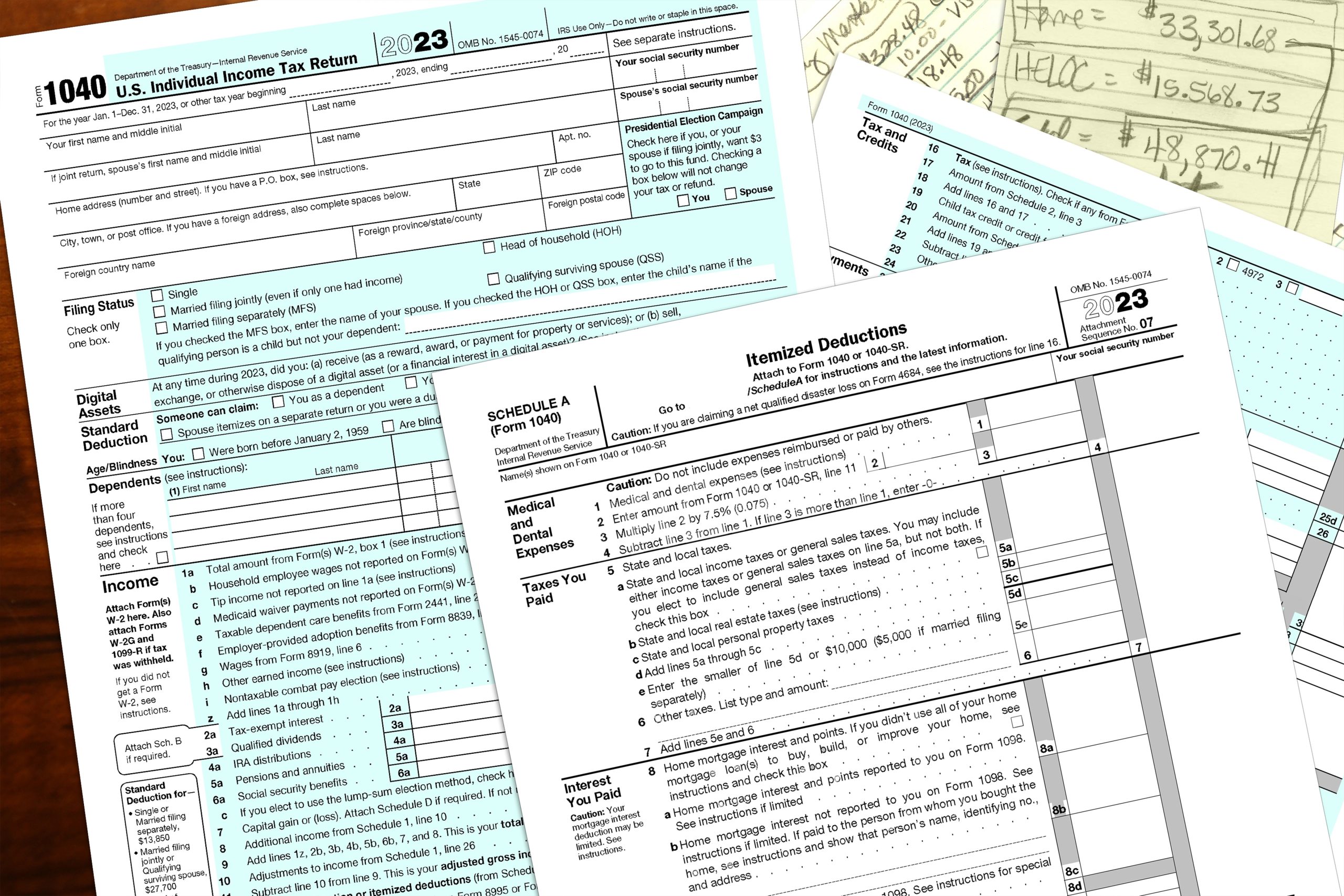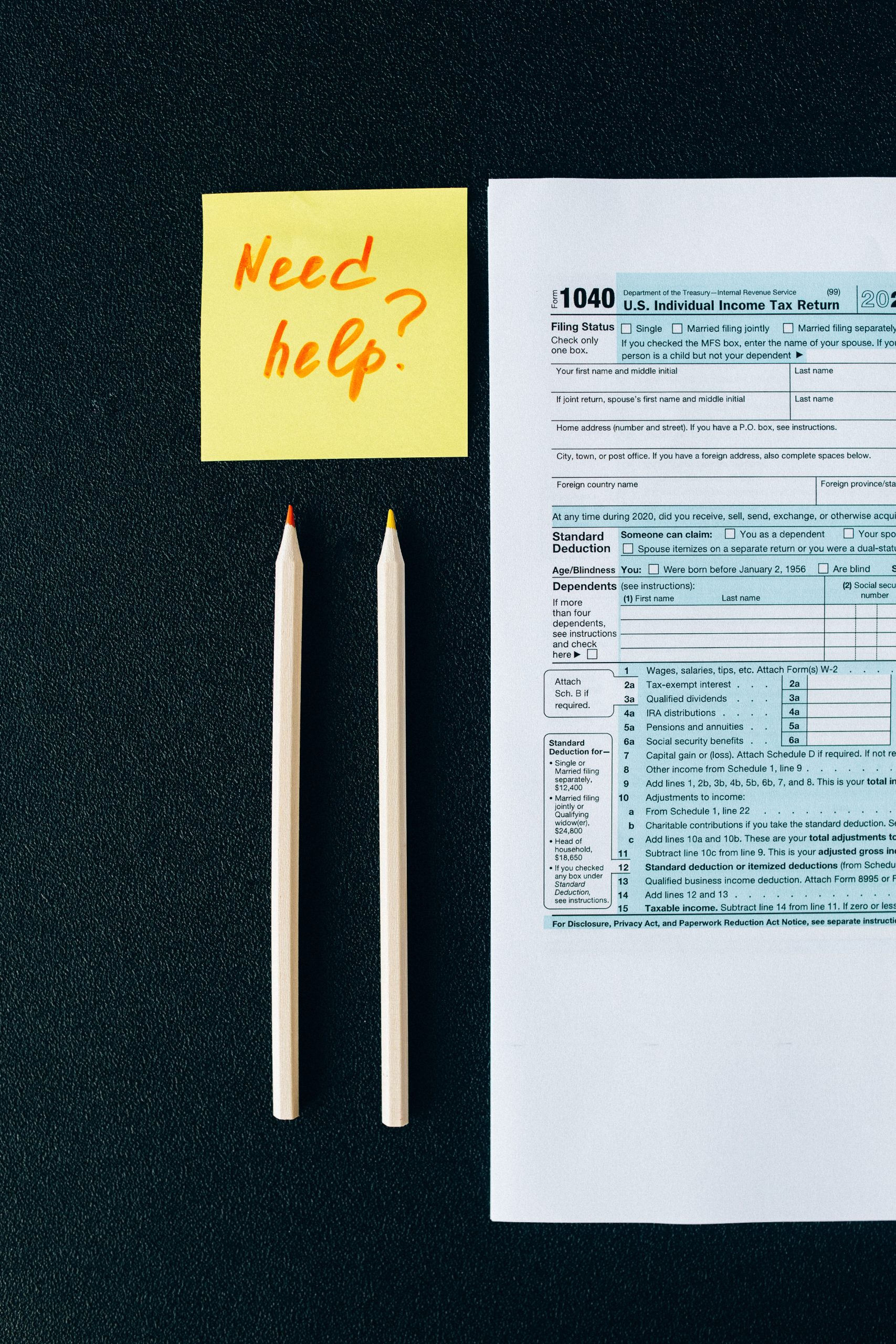How Do I File a Tax Extension?
As the April 18th tax deadline quickly approaches, taxpayers begin to realize that they are running out of time to file their taxes. Instead of rushing to gather tax documents and risking making errors on your tax return, you may consider opting to file a tax extension.
You can file a tax extension by submitting Form 4868. The form must be submitted prior to April 18thfor it to be approved.
While filing an extension may seem simple, there are a few additional steps that you may need to take in order to avoid paying extra money to the IRS. In this article, we cover some of the most commonly asked questions surrounding tax extensions.
What is a Tax Extension?
While most people know that there is a way to file for a tax extension with the IRS, some often misunderstand the true intention behind a tax extension.
A tax extension is simply a way to give you more time to finish the paperwork associated with filing your taxes. It is not an extension to pay your taxes.
That means that if you expect to owe money to the IRS when filing your taxes, you will pay interest and penalties on any money that is not paid by April 18th.
How Do I File a Tax Extension?
You can file a tax extension by mailing a Form 4868 to the IRS or electronically through IRS e-file. While Form 4868 seems relatively simple to complete, it can be misleading.
Form 4868 asks for your estimated tax payment. You must include a payment for your estimated taxes when submitting your Form 4868. If your estimation is incorrect and you underpay, you could rack up additional severe fees.
Instead of risking making an error on your estimation, it’s better to use tax software like FileSmart to help avoid unnecessary fees. This takes all of the guesswork out of filing for an extension and helps ease the anxiety that you may find an unwanted surprise when going to file your taxes.
How Long is a Tax Extension?
A tax extension gives you six additional months to collect your documents and file your tax return. The new filing due date following an extension is October 17th, 2022.
Just remember that this does not give you an extension on any taxes that you may owe to the IRS. Therefore, you should make a payment by the April 18th deadline if you anticipate owing taxes.
Is There a Penalty for Filing for a Tax Extension?
Filing a tax extension is not a bad thing. You simply let the IRS know that you need more time to get your paperwork together. However, there are a few situations in which you could end up paying penalties when filing a tax extension:
- If you don’t pay any of your owed taxes, you will be charged interest on the outstanding balance at 0.5% per month.
- If you fail to pay at least 90% of what you actually owe when you file, the difference will be charged the same interest rate.
The good news is that if you do file you’re a tax extension, you avoid the late filing penalty, which is 5% of the amount you owe charged monthly.
Should I File a Tax Extension If I Know I Will Get a Refund?
If you anticipate receiving a tax refund at the end of the tax year, it’s not always the best move to file an extension. Of course, if you need extra time to prepare your documents, you should file an extension.
However, extending the due date for your tax return only delays you receiving your tax refund. Therefore, it’s best to file your taxes as early as possible to receive your money as quickly as possible.
Does Filing a Federal Tax Extension Also Extend My State Return?
Most states will automatically extend the deadline for your state tax return when you submit Form 4868. However, some states require you to file a separate form.
Therefore, it’s best to check with your state to see if you need to file an additional form to receive a state tax return extension.
Do I Need to File a Tax Extension if I’m in the Military?
Those who are in the armed forces and are either serving abroad or in a combat zone during tax season receive an automatic 180-day extension on their tax return. In addition, no interest or penalties are accrued on the money that is owed.
Additionally, if you are hospitalized or injured during service, you have 180 days from the time you are released from the hospital to file and pay your taxes.
Should I File a Tax Extension?
If it’s getting close to the tax deadline and you are worried about filing your taxes on time, you should definitely file an extension. This will help you avoid the massive late filing penalty.
If you want to make sure that you file your extension properly and avoid any fees, contact us today. We can help you file your 6-month tax extension in minutes, completely free of charge.































0